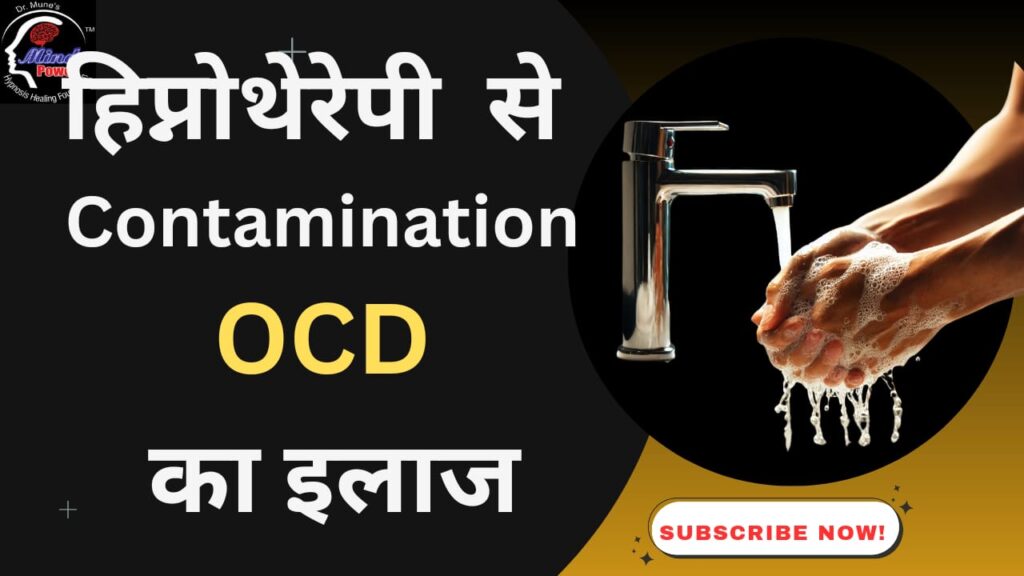What is Contamination OCD?
Contamination OCD is a subtype of obsessive-compulsive disorder (OCD) where individuals fear germs, dirt,
or contamination. This fear often leads to compulsive cleaning or avoidance behaviors that disrupt daily life.
Signs and Symptoms of Contamination OCD
Obsessions Related to Contamination
Fear of touching unclean objects.
Anxiety about getting sick from germs or bacteria.
Persistent worry about spreading germs to other
Compulsive Behaviors
Excessive handwashing or showering.
Avoiding crowded places or shared items.
Cleaning household items repeatedly.
Why Treat Contamination OCD?
Untreated contamination OCD can severely affect personal relationships, mental
health, and daily functioning. Seeking timely treatment is crucial for long-term well-being.
Treatments for Contamination OCD
Cognitive Behavioral Therapy (CBT) : is the most effective treatment for contamination OCD.
It helps patients identify and challenge irrational fears.
Exposure and Response Prevention (ERP): is a specialized CBT technique. It involves gradual exposure
to feared situations while resisting compulsive behaviors.
Example: Touching a doorknob without immediately washing hands.
Goal: Reduce anxiety over time and break the obsession-compulsion cycle.
Medication : Medications like selective serotonin reuptake inhibitors (SSRIs)
can help reduce OCD symptoms. Common SSRIs include:
Sertraline
Fluoxetine
Escitalopram
Mindfulness and Relaxation Techniques
Mindfulness-based approaches help manage anxiety.
Deep breathing exercises.
Meditation to stay present and reduce intrusive thoughts.
Support Groups and Therapy
Talking with others who understand OCD challenges can provide
emotional relief.Group therapy and online forums are valuable resources.
Self-Help Strategies for Contamination OCD
Write down obsessive thoughts and evaluate their accuracy. Ask yourself: Is this fear realistic?
Gradual Exposure
Start with small challenges, like touching commonly feared objects.
Build confidence by taking incremental steps.
Set Boundaries for Rituals
Limit time spent on compulsive behaviors. For instance,
reduce handwashing to a specific time limit.
The Role of Family and Friends
Supportive loved ones can help patients feel understood. Encourage them to
seek professional help and avoid reinforcing compulsions.
When to Seek Professional Help
If contamination OCD interferes with work, relationships, or daily
tasks, consult a therapist specializing in OCD.
Long-Term Management of Contamination OCD
Consistency in treatment is key. Follow prescribed therapy
and medication regimens for the best outcomes.
Tracking Progress
Maintain a journal to track symptoms, progress, and triggers.
Regularly update your therapist for adjustments.
Preventing Relapse
Stay proactive by using learned strategies. Address
symptoms early if they resurface.
Conclusion
Contamination OCD is treatable with the right combination of therapy, medication, and
self-help strategies. Early intervention is essential to reclaim your life.

